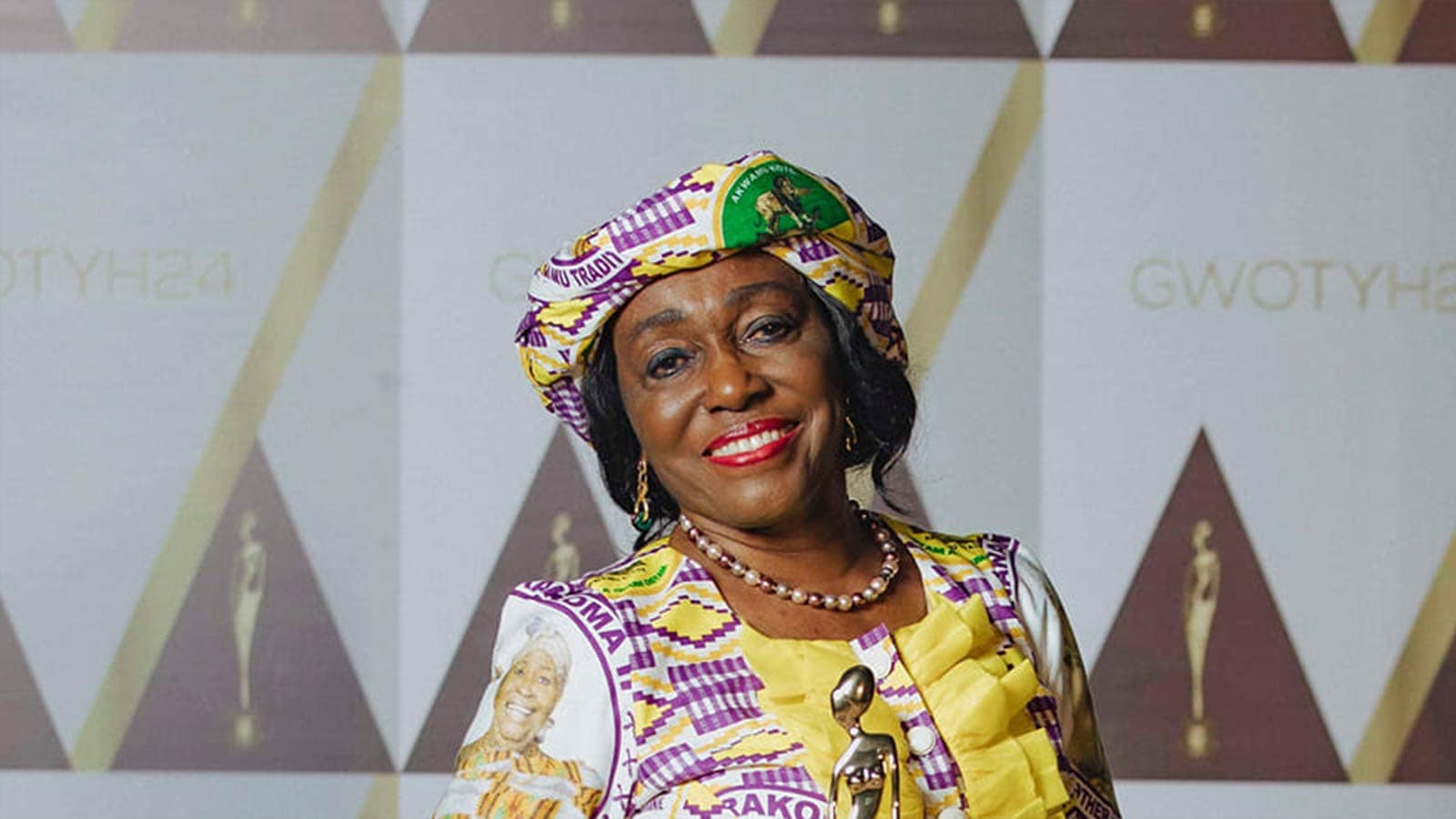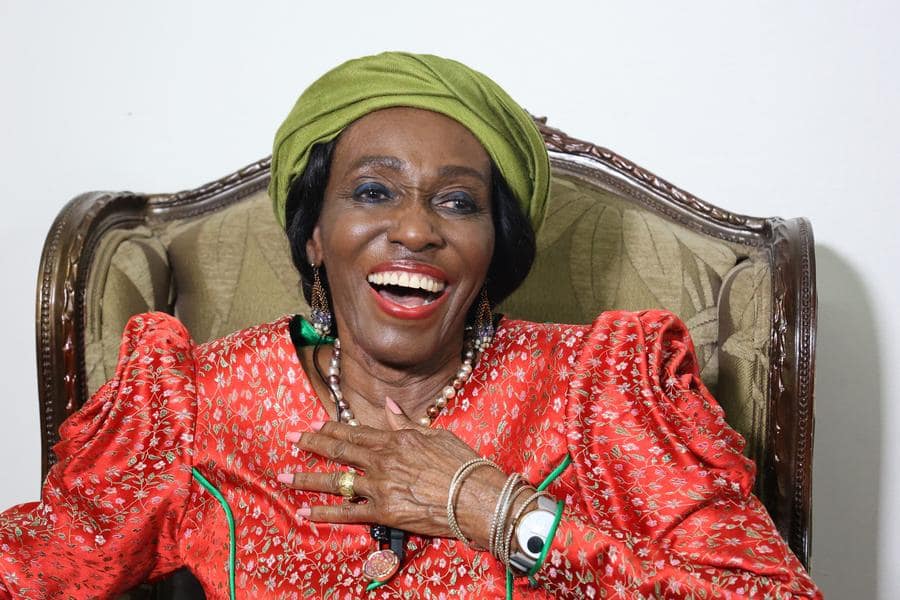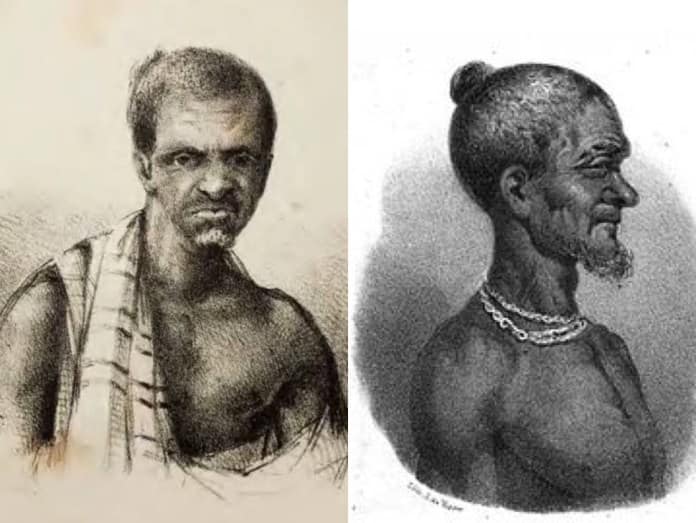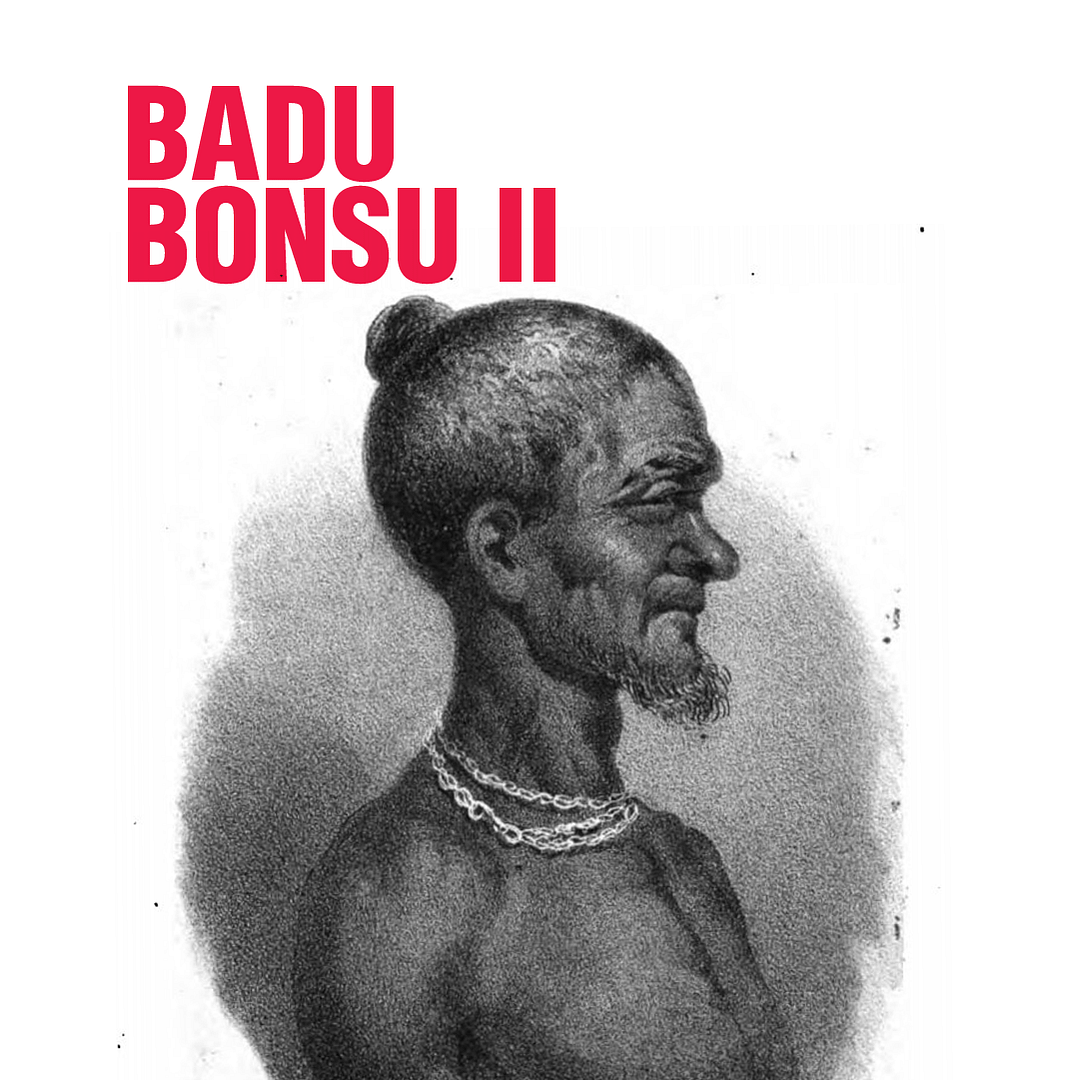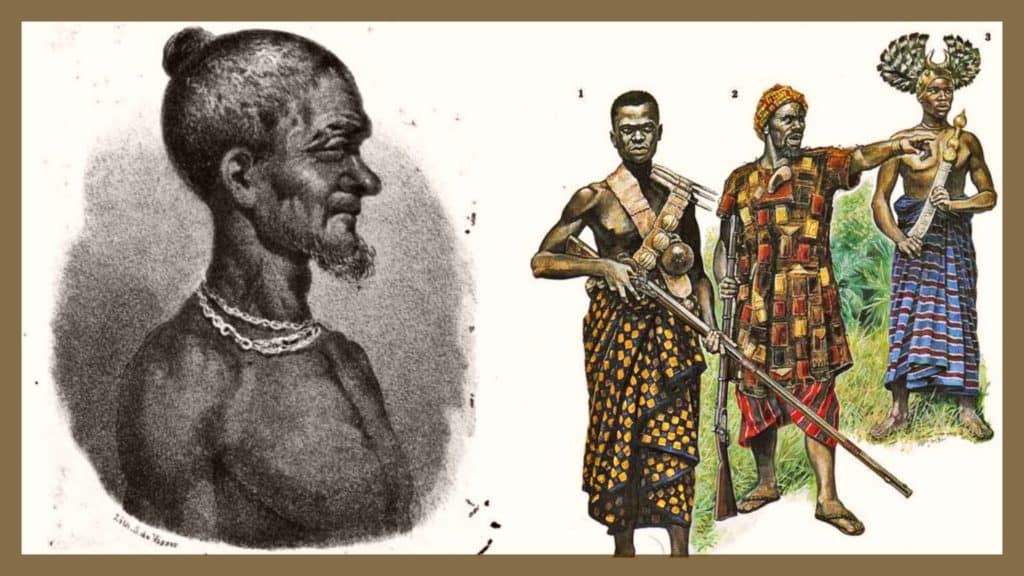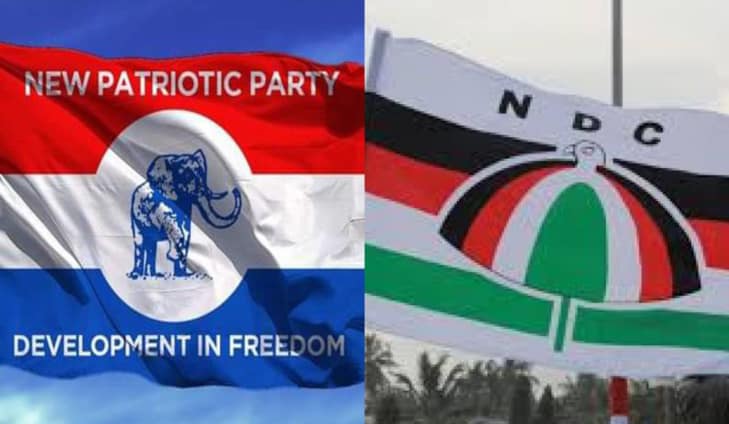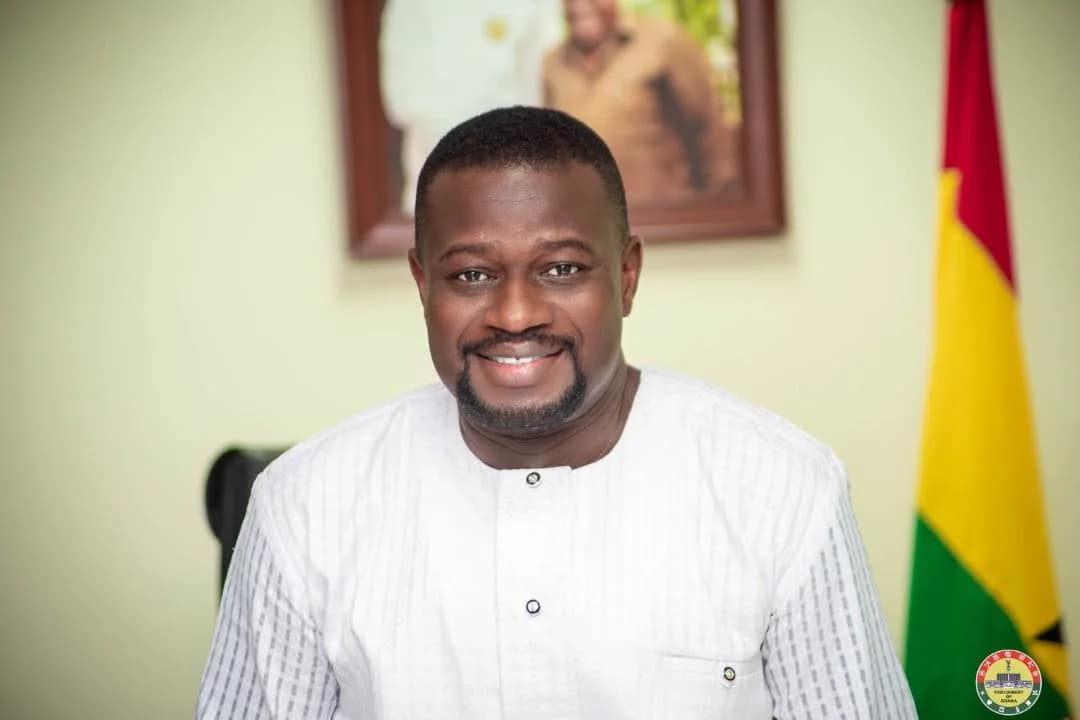
In a candid reflection on Ghana’s dynamic political landscape, Frank Annoh-Dompreh, the Member of Parliament for Nsawam-Adoagyiri, has expressed profound astonishment at the re-election of John Dramani Mahama as President in the 2024 general elections. Annoh-Dompreh, who also serves as the Minority Chief Whip, admitted that he had previously dismissed the possibility of Mahama’s return to the nation’s highest office.
In an interview with Starr FM on February 20, 2025, Annoh-Dompreh conveyed his surprise:
“I never believed, I never thought President Mahama would be President again, and I have eaten my humble pie because of the margin by which he won.”
His skepticism was rooted in the widespread public sentiment and feedback he encountered regarding Mahama’s previous administration. Many Ghanaians, according to Annoh-Dompreh, were reluctant to endorse Mahama again due to perceived shortcomings during his earlier tenure. He elaborated:
“Because of what I was seeing in the country and the feedback I was getting… People said that, well, for what he did and for what we have known him for, it’s not a risk we would want to take.”
The 2024 election results, however, defied these expectations. Mahama secured a decisive victory, obtaining 6,591,790 votes, which accounted for 56.42% of the total votes cast. In contrast, the New Patriotic Party’s (NPP) candidate, Dr. Mahamudu Bawumia, garnered 4,877,611 votes, representing 41.75%.
This significant margin not only underscored Mahama’s enduring appeal but also highlighted a shift in the political sentiments of the Ghanaian electorate. Annoh-Dompreh’s acknowledgment of this shift reflects a broader recognition of the unpredictable nature of democratic processes. He remarked:
“I realized that God can do anything… That is why I am saying you should never say never.”
Annoh-Dompreh’s reflections are particularly noteworthy given his previous criticisms of Mahama. In the lead-up to the elections, he was vocal about his doubts concerning Mahama’s leadership capabilities, often citing feedback from constituents and political analysts who questioned the former president’s track record. This turnaround in perspective underscores the evolving nature of political opinions and the importance of humility in public discourse.
The MP’s candid admission also serves as a reminder of the complexities inherent in gauging public opinion. While political figures often rely on feedback from their constituencies to shape their perspectives, the 2024 election results demonstrated that voter sentiments can be multifaceted and, at times, unpredictable.
In the aftermath of the elections, discussions have emerged regarding the factors that contributed to Mahama’s successful comeback. Analysts point to a combination of strategic campaigning, addressing previous administrative criticisms, and presenting a renewed vision that resonated with a broad spectrum of the electorate.
Annoh-Dompreh’s reflections encapsulate a broader theme within Ghanaian politics: the ever-present potential for change and the necessity for political actors to remain adaptable and receptive to the will of the people. As he aptly put it, the experience has been a lesson in humility and a testament to the adage that in politics, one should “never say never.”
This episode in Ghana’s political narrative not only highlights the resilience of democratic institutions but also emphasizes the dynamic relationship between leaders and the electorate—a relationship built on trust, accountability, and the ever-evolving aspirations of the nation’s citizens.



